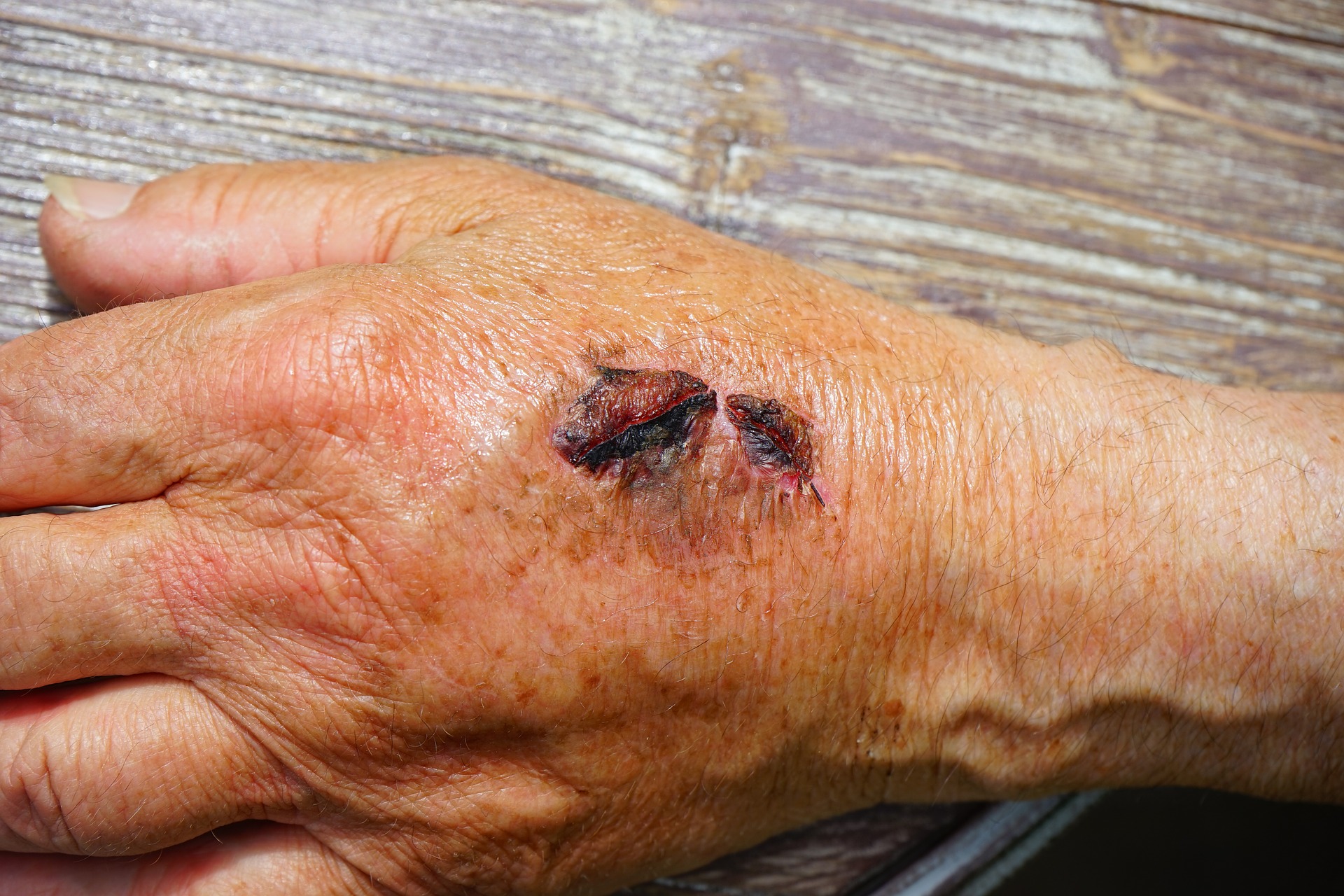Scabs from wounds may be tempting to pick, and can it even be sometimes weirdly satisfying to do so. What happens, however, when scabs produce significant damage to the skin, or when skin picking has become so extreme that it’s causing plenty of lesions and wounds in the body?
If you are struggling with this problem, then here’s the guide you need to be more informed about scabs and why you shouldn’t pick at them.
What is a scab?
Scabs are crusty plaques that form over a wound. Unbeknownst to some, a scab’s purpose is to protect the wound while it heals. Unfortunately, a lot of people find scabs incredibly unpleasant to look at, and would rather remove them immediately instead of letting them be. Doing so, however, is extremely ill-advised and can bring more problems than just mere uncomfortability.
Why you should not pick on scabs
Scabs are there to protect the wound while it heals, supplementing the healing process as your body repairs damaged skin and blood vessels. There are also white blood cells underneath the scab and these draw any old blood and dead skin cells that are on the wound.
When you pick at a scab, however, you leave it more vulnerable to infection. Moreover, it will make the wound take longer to heal, possibly resulting in long-term scarring in the process.
Is it a disorder?
If you find yourself picking on scabs and other areas of your skin, then it may be due to a common condition called Skin Picking Disorder (SPD)—which is also known as excoriation disorder. People with SPD tend to have a difficult time controlling the urge to pick on scabs and their skin.
It is a very common disorder to have, with over five million Americans being diagnosed with SPD. This type of disorder actually falls under Obsessive-Compulsive Disorder (OCD).
What causes SPD?
Dr. Nancy Irwin, a licensed clinical psychologist, says that the reason behind SPD is stress and anxiety. The adverse effects of stress and anxiety manifest in the physical body in the forms of acne, itchy skin, dandruff, and hair loss. Stress and anxiety may also cause skin flare-ups such as psoriasis.
“As the skin is our largest organ, it can hold clues as to what the person is feeling about the self and/or life at the current time,” said Dr. Irwin. She also said that skin picking might turn into compulsion if the root of the problem is not properly identified.
How to stop skin picking
Extreme skin picking can damage the skin, possibly resulting in hyperpigmentation, various forms of scarring, disfigurement, and open wounds that can also lead to infection. Stopping the urge to pick on scabs and the skin is easier said than done, however, it requires discipline and care to properly heal yourself from wounds.
Setting realistic expectations will help make the condition more manageable. For one, identifying your triggers are essential to get into the mindset of not picking on your scabs. Observe yourself and notice when you start picking—is it when you’re bored or stressed out? Knowing your triggers can help you come up with healthier ways to cope, thus avoiding unconscious compulsions such as skin picking.
Stimulus control is also effective to help prevent skin picking. This is when you make it harder to pick by keeping your nails short or making the skin difficult to access by wearing tight-fitting clothes.
Conclusion
While skin picking may seem harmless at first, it could grow to an excessive habit that can create more harm to the body. Addressing the root of the problem and adopting healthier ways to cope will help you defeat this harmful habit.
Looking for more medical tips and tricks about various health topics? Get more reliable medical news here at Dose of Healthcare. Browse our other topics today.


















